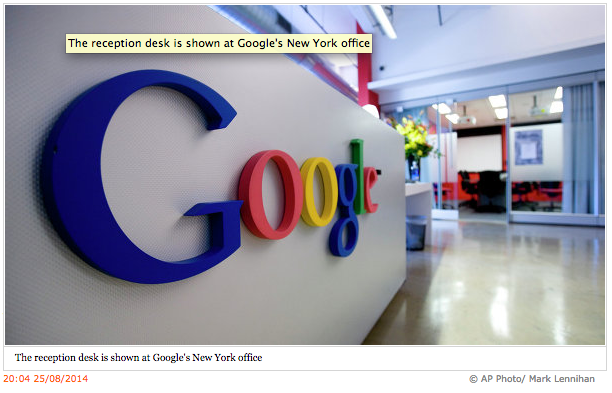China to Replace Google, Microsoft With Homegrown OS
RIA Novosti
MOSCOW, August 25 (RIA Novosti) – China has announced it would present its own new operating system in October, 2014, Reuters reports.
“After concerns about US surveillance and a monopoly probe of Microsoft, there is some good news for China’s homegrown operating system (OS): a desktop version may be ready in October,” wrote Xinhua on August, 24.
As tensions between the US and China grows overcyber security issues, Beijing is seeking a way to become independent of imported systems likeMicrosoft’s Windows and Google’s Android. The new operating system is expected to first appear on desktops and later to be adapted for smartphones, tablets and other mobile devices.
“China has more than a dozen mobile OS developers with no independent intellectual property rights because their research is based on Android,” said Ni Guangnan, Chinese Academy of Engineering representative, as cited by Xinhua.
Ni believes that a new homegrown operating system will replace the American software within one or two years. However, it will take about three or five years to supersede the imported mobile operating systems by OS developed by Chinese programmers.
Reuters emphasizes that about a year ago China banned government use of Microsoft’s Windows 8 due to security concerns and initiated an investigation against the IT giant accusing it of anti-trust violations.
Google Inc. as well came under attack from Chinese authorities, who pointed to the fact the software manufacturer “had too much control over China’s smartphone industry via Android mobile operating system,” notes Reuters.
The revelations made by Edward Snowden provoked even further tensions between Beijing and Washington, while a string of hacking cases exposed by China and the US has added fuel to the fire.
According to Ni, the ban imposed by Beijing on Windows 8 evidently triggered a rapid growth of the Chinese information technology sector and “opened the door to domestic OS developers.”
“Creating an environment that allows us to contend with Google, Apple and Microsoft – that is the key to success,” he said.
Still Ni admits that the project needs serious investment and further development.
